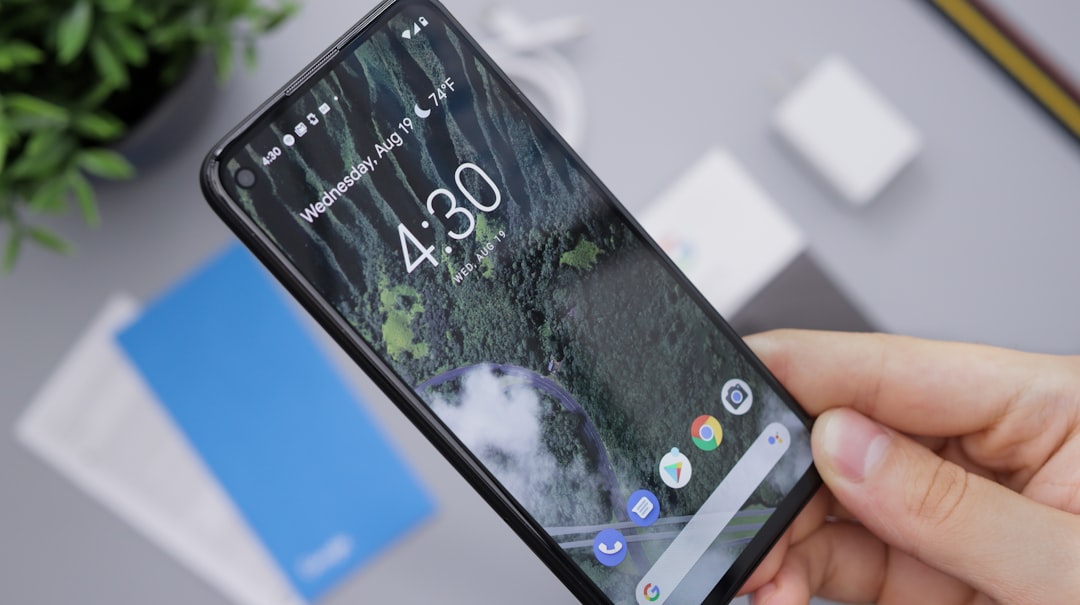Spam calls from telemarketers and scammers remain a prevalent issue in New York City, with residents receiving an average of 1-2 unwanted calls daily. In response, there's growing demand for spam call lawyers who help citizens navigate telecommunications laws, file complaints, block numbers, and seek justice. New York has implemented robust legal frameworks, including the Telephone Consumer Protection Act (TCPA) and CAN-SPAM Act provisions, to protect residents from unwanted telephone solicitations. Strict penalties deter violators, empowering citizens to take action against spam calls and enabling investigations into spam-related activities. The state's Attorney General's office actively prosecutes telemarketing fraud, while the Public Service Commission collaborates with telecom providers to deploy automated systems blocking spam calls at the network level.
In an era where spam calls have become a ubiquitous nuisance, New York City has emerged as a leader in combating this digital plague. This article delves into the comprehensive strategies adopted by the Big Apple to combat spam calls, exploring the legal frameworks and best practices that have significantly reduced their impact on residents. From robust legislation to innovative tech solutions, New York’s approach offers valuable insights for other jurisdictions, particularly those seeking effective spam call lawyers and sustainable solutions.
Understanding Spam Calls and Their Impact in New York

Spam calls, particularly those from telemarketers and scammers, have long been a persistent issue in New York City and its surrounding areas. These unwanted phone calls can disrupt individuals’ daily lives, causing stress and frustration among residents. The impact is significant, with many New Yorkers receiving an average of 1-2 spam calls per day, prompting them to seek solutions for effective protection against these relentless intrusions.
In response, the city has witnessed a surge in demand for spam call lawyers in New York as citizens take matters into their own hands. These legal professionals specialize in navigating the complex landscape of telecommunications laws and help individuals file complaints, block numbers, and seek justice against persistent spam callers. With the ever-evolving tactics employed by scammers, staying informed and adopting international best practices have become crucial steps for New Yorkers to reclaim their peace of mind in an increasingly digital world.
Legal Frameworks: New York's Approach to Regulating Spam Calls

New York has established a robust legal framework to combat spam calls, employing a combination of state and federal laws. The state’s regulations are designed to protect residents from unwanted telephone solicitations, ensuring their peace of mind and privacy. Key legislation includes the Telephone Consumer Protection Act (TCPA), which prohibits certain practices, such as using automated dialing systems or prerecorded messages without prior express consent. New York also incorporates provisions from the federal CAN-SPAM Act, further strengthening its spam call laws.
The state’s approach involves strict penalties for violators, making it a significant deterrent for spam call lawyers and companies alike. These regulations empower residents to take action against persistent spam calls and provide a legal foundation for investigating and prosecuting spam-related activities. New York’s commitment to this issue showcases its dedication to safeguarding citizens from intrusive and nuisance communications.
Best Practices Adopted by New York to Combat Spam Calls

New York has taken significant steps to combat spam calls, implementing best practices that have earned it a reputation as a leader in this area. One of the key strategies adopted by the state is the strict enforcement of consumer protection laws. This includes aggressive prosecution of companies and individuals who make unsolicited telephone sales calls, known as telemarketing fraud. New York’s Attorney General’s office plays a vital role here, offering legal assistance to consumers and businesses alike, especially in cases involving spam call lawyers New York.
Additionally, the state has embraced technology-driven solutions. It encourages the use of automated systems that can block and filter out spam calls at the network level. The New York Public Service Commission (PSC) often collaborates with telecommunications providers to implement these technologies, ensuring a more comprehensive approach to protecting residents from unwanted calls.






